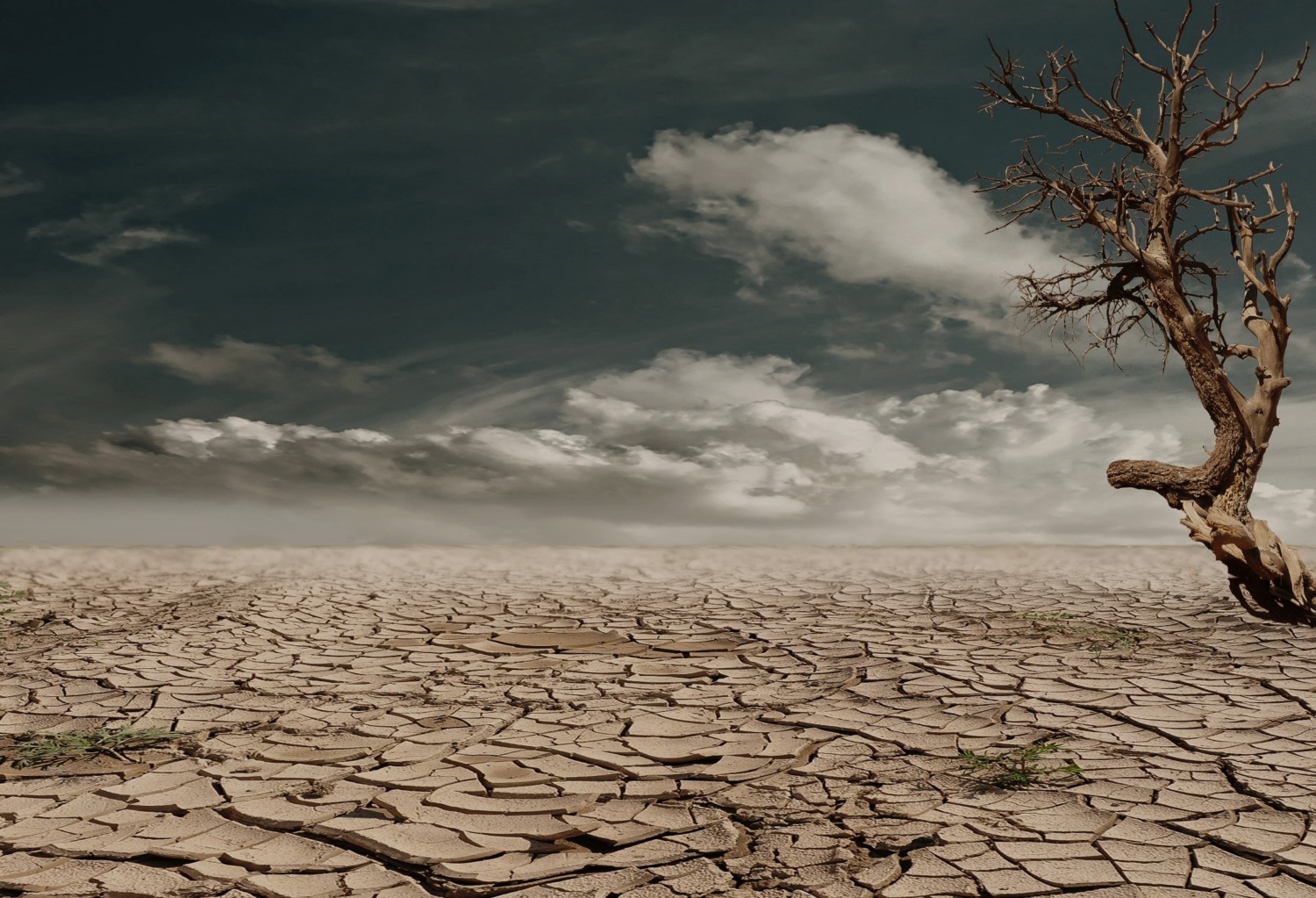
In the News
How Climate Change Affects Our Health and What You Can Do
-
Focus Areas
Healthy Communities -
Issues
Climate Change -
Programs
Center for Climate Change and Health

“Experts say environmental toxins are the biggest health threat we face. But change is possible.
You’ve likely seen numerous headlines about climate change on websites and TV lately, but you may be wondering what factors such as rising sea levels and warmer temperatures mean for you now. Believe it or not, environmental changes like these and others have direct and indirect effects on your health.
“Climate change is no longer just a problem for polar bears,” says Surili Sutaria Patel, a climate and health equity advocate and vice president at the Metropolitan Group, a social change agency in Washington, DC. “It’s not a problem of the future. It’s harming our health and threatening our well-being as we know it today, and some communities are bearing the brunt of it.”
When the U.S. Supreme Court issued its ruling on West Virginia v. Environmental Protection Agency in June, public health and climate change advocates both sounded the alarm about the potential consequences. The ruling in part makes it harder for the Environmental Protection Agency to limit power plant emissions, which release harmful pollutants, such as sulfur dioxide, nitrogen dioxide, and carbon monoxide, into the air. Those pollutants come from the burning of fossil fuels and are linked to cancer and other major health concerns.
The Pan American Health Organization has called climate change “the biggest global health threat of the 21st century,” with millions of lives at stake. That’s no exaggeration: Climate change may affect human health in countless ways. Here are six of them, from experts, and what you need to know to protect yourself and your community.
Climbing Temperatures May Hamper Good Sleep
A study published in One Earth in May 2022 found that, by 2099, rising temperatures may erode 50 to 58 hours of sleep per person each year. That’s like losing more than a week of sleep every year. “It’s harder for people to sleep in higher heat, especially those who don’t have access to cooling or ventilation,” says Patel.
Changing Weather Patterns May Increase the Spread of Infectious Diseases

Research shows that rising temperatures and changes in rainfall can make regions more or less hospitable to disease carriers like mosquitos and ticks, which means malaria, dengue, and Lyme disease may spread into areas that have not previously been at risk, says Linda Rudolph, MD, MPH, director of the Center for Climate Change and Health at the Public Health Institute. “Warmer temperatures can also affect how quickly some pathogens grow and replicate,” Dr. Rudolph says, “for example, some of the bacteria that cause food poisoning.
Rudolph also points out that climate change can cause migration by both animals and humans, putting us into contact with diseases we may not have encountered before. “As the planet gets hotter, some animals are moving toward the poles, coming into contact for the first time with different animals, and in some cases with people,” she says. “We also know that deforestation — which is also a significant cause of climate change — is causing a loss of natural habitats and making animals move to new areas, where they might share germs with people or other animals.”
Click on the link below to read the full article.
Originally published by Everyday Health
More Updates
Work With Us
You change the world. We do the rest. Explore fiscal sponsorship at PHI.
Support Us
Together, we can accelerate our response to public health’s most critical issues.
Find Employment
Begin your career at the Public Health Institute.



